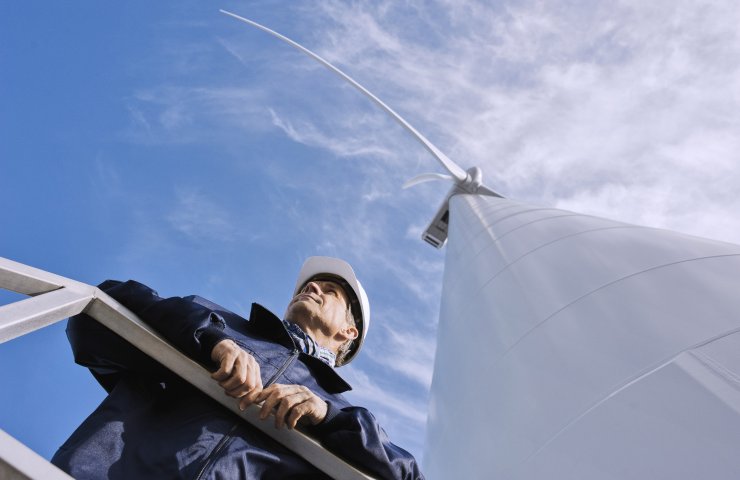Hydrogen, carbon capture and storage (CCS) and carbon recycling (CCU) steelmaking will not be competitive until 2050, according to consultancy McKinsey.
According to McKinsey, the introduction of CCS and CCU could increase operating costs for steelmaking by about € 100 per tonne, while hydrogen production would incur costs of € 170 per tonne. But scaling up hydrogen production and rising carbon taxes will make these technologies competitive after 2050.
Steel is one of the three main sources of carbon dioxide emissions worldwide, accounting for about 7-9% of all CO 2 emissions. According to Worldsteel, the global steel industry association, last year, global average CO 2 emissions were 1.85 tonnes per tonne of liquid steel, or 2.6 billion tonnes per year for the industry.
While hydrogen is currently in the spotlight, there is no single solution for low carbon steel production, the options for which depend on many factors, including geography, resource availability, and government support.
Governments need to provide political support that does not select “winners and losers among possible technologies,” and reduce the pioneer disadvantage by increasing demand for low carbon materials and the low carbon steel market. Low-carbon steel can be 50% more expensive than currently widespread forms of production, Worldsteel said, citing a report from the International Energy Agency.




